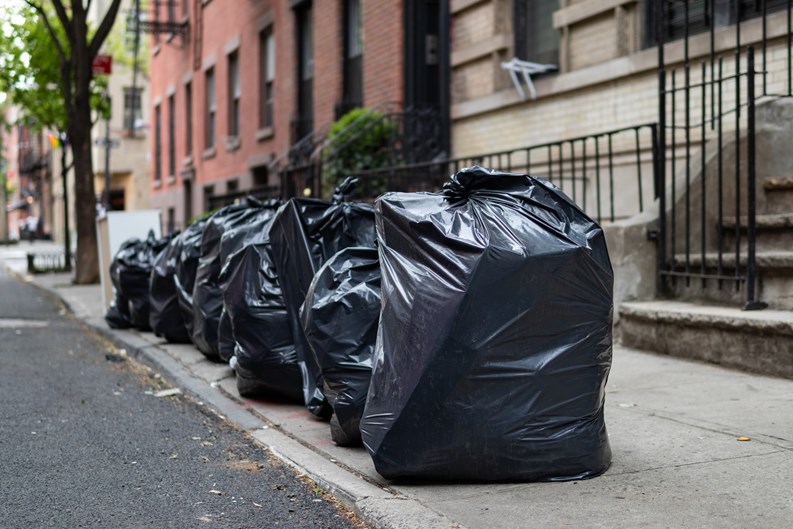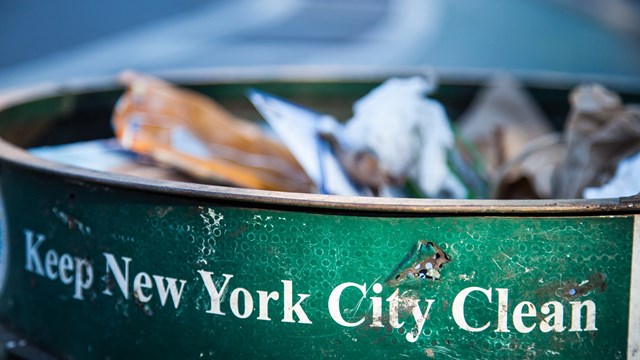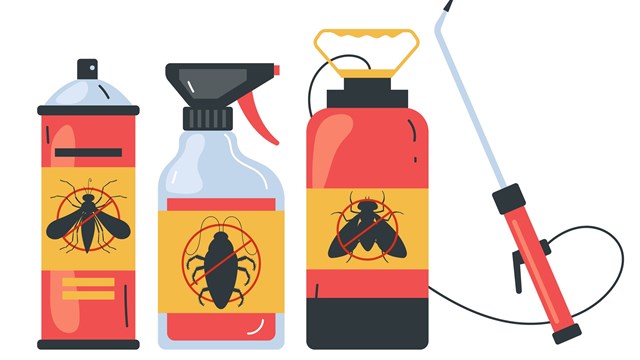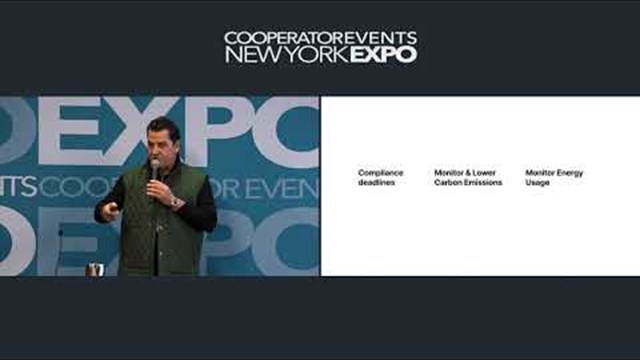In a recent statement, Mayor Adams announced a new law, which he has dubbed the Rat Reduction Act. Despite the name, the Act does not hold the city’s rats responsible for their mayhem and destruction. Rather, it seeks to reduce the rat problem in many NYC neighborhoods by limiting the amount of time the rodents have with residents’ curbside garbage before it gets collected.
In the past, trash could be placed on the curb as early as 4 PM. The new law states that trash must be placed in sealed containers or garbage bags, and further specifies that if the trash is in a sealed container, it may be put on the curb at 6 PM; but if it’s only in a bag, it may only be put out between 8 PM and midnight. There is one caveat: If your building has more than nine units and you prefer to put your trash out between 4 and 7 in the morning, you must apply with the city by January 31, 2023, for that exception.
Will it Help?
Will narrowing the party window for rats and other vermin by a couple of hours really do much to reduce rodent complaints? “If it does help, it will be in a minor fashion,” says Michael Wolfe, president of property management for First Service Residential New York. “If the Department of Transportation (DOT) amends their rules for placement time, and the Department of Sanitation (DSNY) picks up trash within the shorter time window, it will help. But if we’re putting out the garbage at 8 PM, and then Sanitation doesn’t come in a timely manner, it won’t help.”
Red Flags
Like any change to public service policy, this one is likely to demand some adjustment from co-op, condo, and even rental properties. Most property owners don’t have an extra set of large, rigid containers in which to put out garbage at present; they may use metal cans or plastic toters to collect residents’ trash, either out front of the building or in a designated trash room, but on garbage night, the super or building owner will remove the full bags from the collection point, and move them to the curb.
Wolfe says that keeping a second set of hard-sided cans or containers for the curb will present more than one problem for buildings. In addition to the expense, “Many buildings don’t have the space to store the types of containers required,” he says.
In addition to the cost and space issues, the new rules about exactly when the bags or containers may be placed on curbs may cause some scheduling challenges. “In addition to the cost,” says Wolfe, “there will be disruption to the staff schedule. Let’s talk about a 100-unit building in Manhattan or the boroughs. They have a super, and/or maybe a door person and a porter or two. In that case, the porter and super work normal business hours. Who is putting the trash out at 6 or 8 PM? One option will be to pay overtime to a porter to extend his or her day. Another option is to have the doorman (if you have one) lock up the front door while they put out the trash. They won’t be happy about it.”
Union Rules?
Luckily, door people and porters are both classified as ‘other’ by the building service worker union contract, and as such they’re cleared to pull out garbage cans or bags and get them to the curb. There are notification requirements, though, Wolfe points out. Overtime and schedules will be the big issues, as Wolfe mentions. CooperatorNews spoke with the live-in super at a 64-unit building on Manhattan’s Upper West Side, who requested his name be withheld. He is the sole employee of the building, other than a part-time porter who covers for him on the weekend. “I live in the building,” he says, “so the time change is not that inconvenient for me - though I’d rather end my day at 5 PM, as I always did.”
He likes the idea of containers. For one thing, “It’s better than cleaning up after the rats. They can get through any bag.” (Wolfe points out that there is one brand of garbage bag currently on the market with an effective rat repellent infused into its product, but this reporter can report that even those can sometimes be breached by a particularly ambitious rodent.) Both pros also note that another consideration for co-op and condo properties is that rigid metal or plastic containers may be an expense, but they can potentially save a building money on fines that the City can impose for garbage left on the street after rats get into the bags. Those fines can add up and according to the super - and no appeal was ever granted on account of hungry rats.
Overall, the City needs to balance many concerns here. The proliferation of rats during the pandemic has created a real quality-of-life issue for residents. “The compliance aspect,” says Wolfe, “is straightforward. It’s the implementation that is more complicated. What we have to do is clear and simple to understand; the execution is the discussion point.”










5 Comments
Leave a Comment